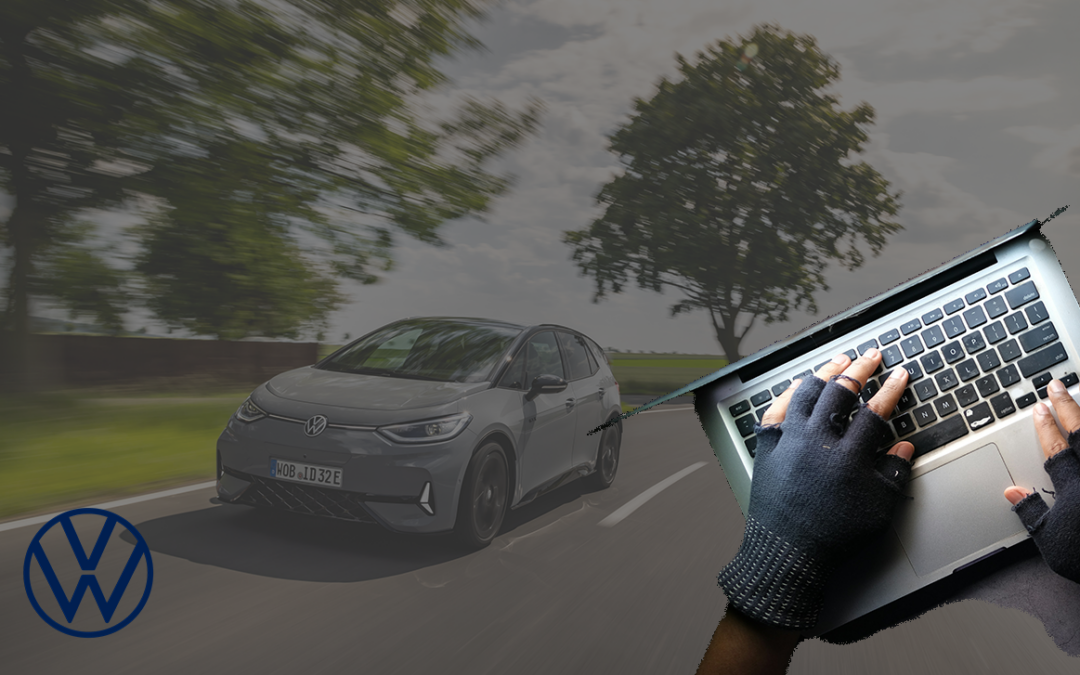Volkswagen has unintentionally exposed personal data belonging to 800,000 electric vehicle (EV) owners. This includes sensitive information like their contact details and location data.
The breach occurred due to a misconfiguration in the systems of Cariad, VW’s software subsidiary. For months, sensitive data stored on Amazon Cloud was left publicly accessible, putting owners at risk.
What Was Leaked?
The exposed data included precise GPS information, allowing detailed tracking of vehicle movements and owner locations. This breach affected not only everyday drivers but also high-profile individuals such as politicians, business leaders, and law enforcement officers.
How the Breach Was Discovered
The vulnerability was identified by the Chaos Computer Club (CCC), a well-known ethical hacking group in Germany. They quickly notified Volkswagen, enabling the company to secure the exposed data before it could be misused.
Privacy Concerns in the Automotive Sector
This incident highlights growing privacy challenges in the automotive industry as vehicles become increasingly connected. A 2023 report by the Mozilla Foundation described modern cars as a “privacy nightmare.” Key findings include:
25 car brands collect more data than necessary.
76% of these brands admitted they might sell this data.
68% reported experiencing hacks, security incidents, or data leaks in the last three years.
A Pattern of Automotive Security Breaches
Volkswagen’s data leak is part of a larger trend of cybersecurity issues in the industry. Other notable examples include:
BMW (January 2023): Hackers accessed employee and dealer accounts, exposing sales documents.
Mercedes-Benz: An internal chat system was compromised.
Kia: Vulnerabilities were discovered that allowed remote unlocking and starting of vehicles.
Jeep (2015): Two IT experts remotely controlled a Jeep’s systems, including brakes and speed, leading to a recall of 1.4 million vehicles for a software fix.
The Way Forward
Volkswagen has yet to provide specific details on how it will address this breach or prevent similar incidents in the future. This serves as a clear reminder that robust cybersecurity measures are essential as vehicles become more reliant on data and connectivity.
